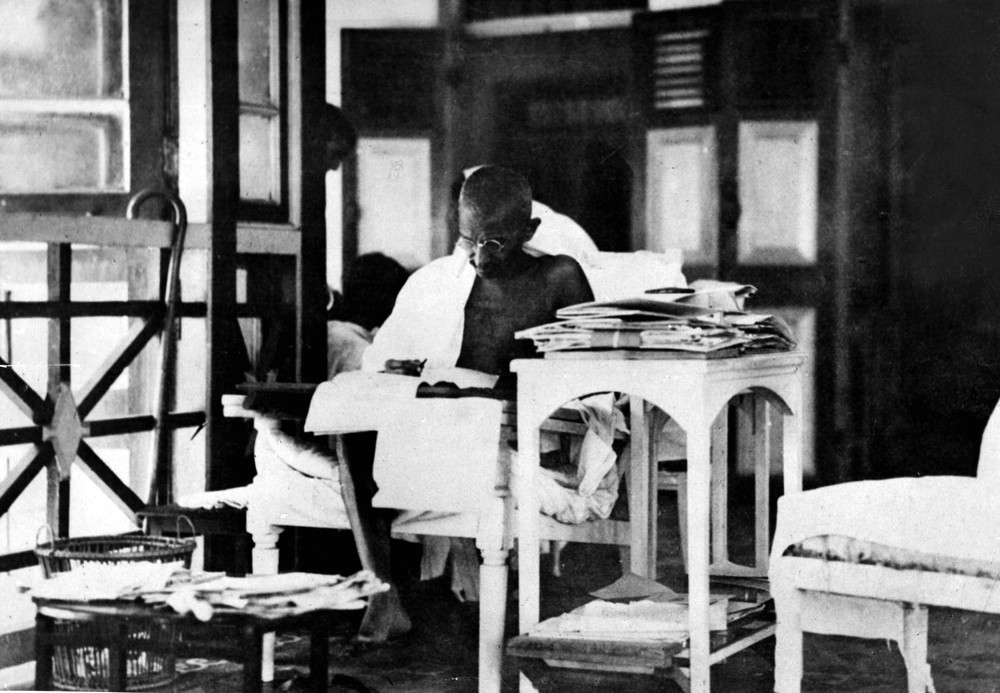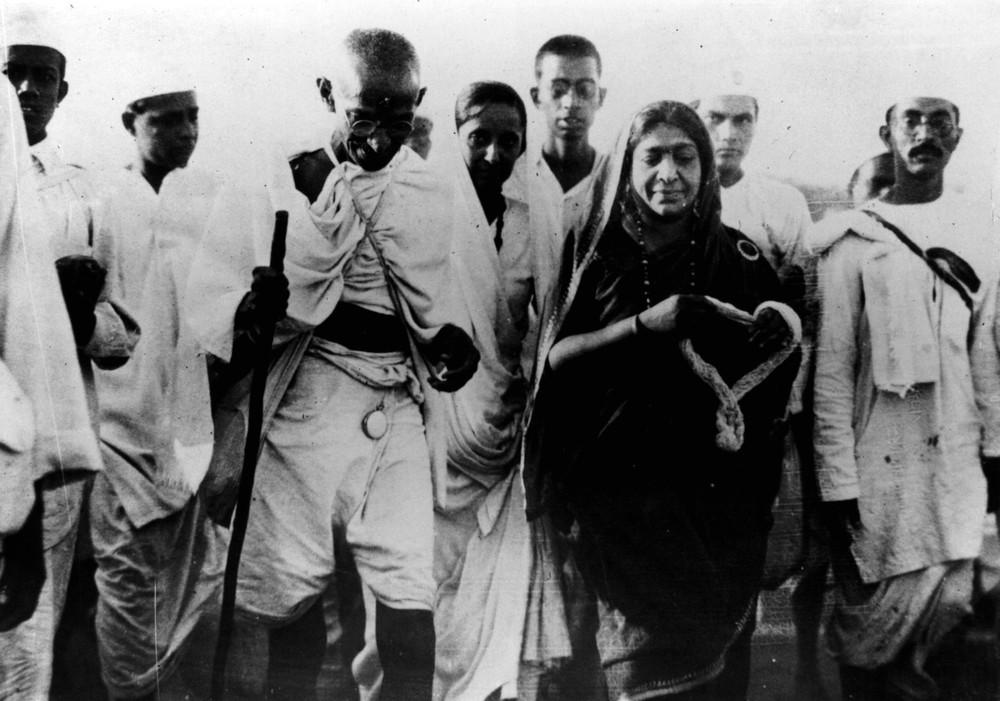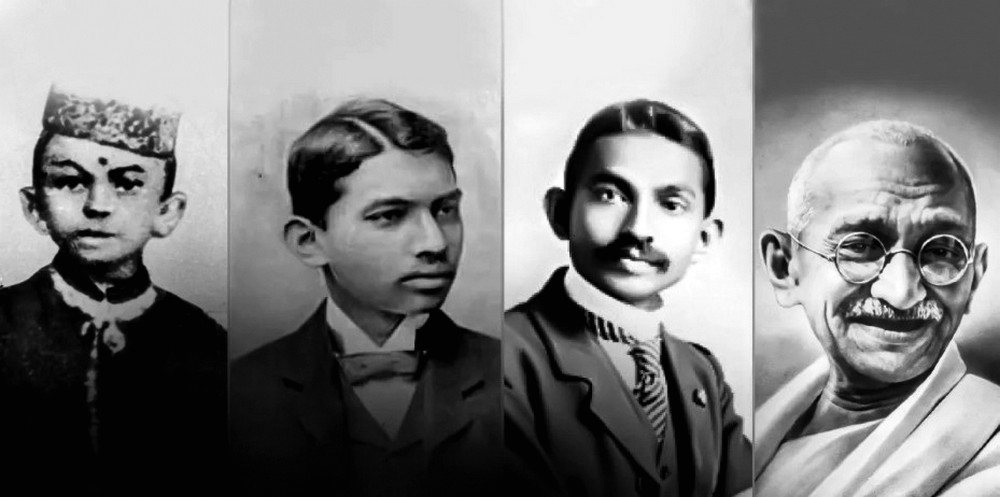
Mahatma Gandhi: The Great Soul of India
Mahatma Gandhi, born Mohandas Karamchand Gandhi on 2 October 1869 in Porbandar, India, is remembered as one of history’s greatest leaders. Known affectionately as the “Father of the Nation” in India, Gandhi dedicated his life to fighting injustice and leading India’s struggle for independence from British rule. What made him truly unique was his unwavering belief in nonviolence (ahimsa) and civil disobedience methods that changed not only India but also inspired freedom movements across the world.
Gandhi’s journey to becoming a global icon was not straightforward. He studied law in London and later moved to South Africa in 1893, where he witnessed racial discrimination against Indians. There, he began his first campaigns of resistance, developing his philosophy of satyagraha or “truth force,” which encouraged people to fight injustice without resorting to violence. His success in South Africa made him a respected leader, and when he returned to India in 1915, he was ready to lead a much larger struggle.
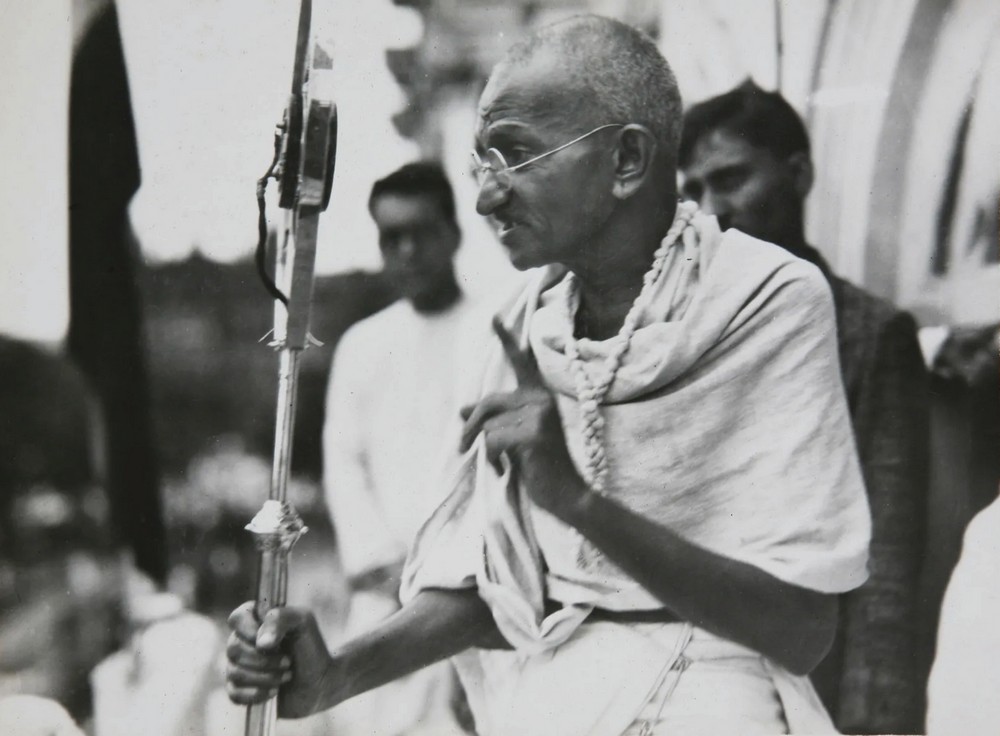
In India, Gandhi transformed the independence movement into a mass movement that reached millions. He urged people to boycott British goods, leave government jobs, and peacefully protest unjust laws. One of his most famous acts was the Salt March of 1930, where he walked 240 miles to the sea to protest the British salt tax. He also launched the Quit India Movement in 1942, demanding an immediate end to British rule during World War II.
Beyond politics, Gandhi worked tirelessly to address social issues. He spoke against the caste system, fought against untouchability, promoted women’s rights, and encouraged Indians to embrace self reliance by spinning their own cloth instead of depending on British imports. He believed that real freedom came not just from political independence but also from social equality and moral responsibility.
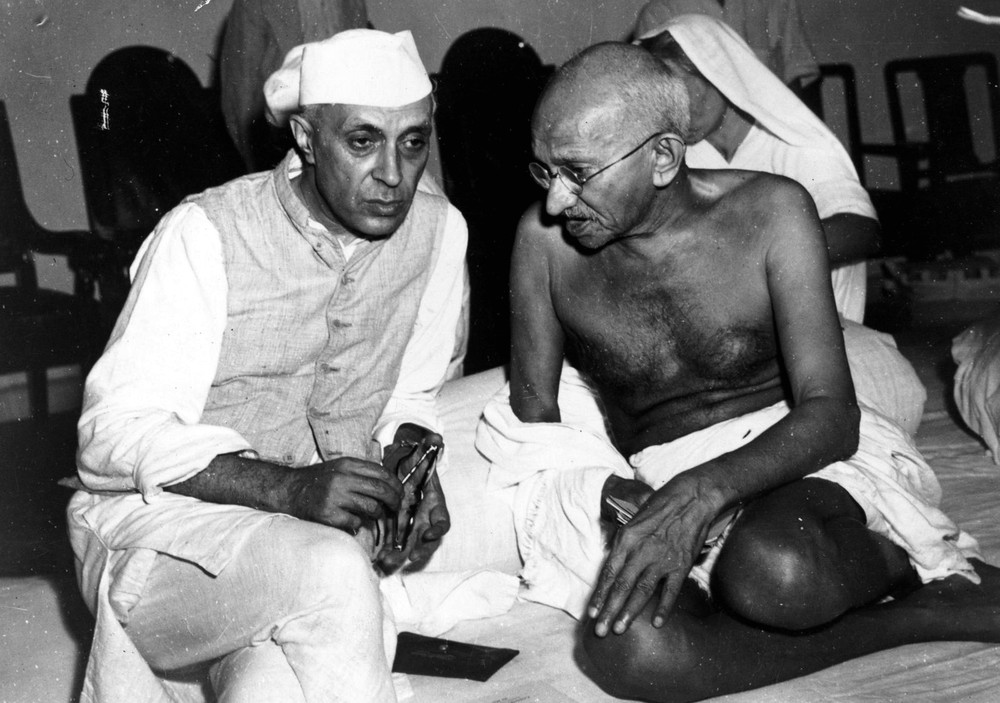
Tragically, Gandhi’s life was cut short when he was assassinated on 30 January 1948 in New Delhi by Nathuram Godse, a Hindu nationalist who opposed his vision of unity and tolerance. His death shocked the world, but his ideas lived on. Leaders such as Martin Luther King Jr. and Nelson Mandela drew inspiration from Gandhi’s philosophy of nonviolent resistance.
- Born Mohandas Karamchand Gandhi on 2 October 1869 in Porbandar, India.
- Studied law in London; began activism in South Africa against racial discrimination.
- Introduced satyagraha (“truth-force”) and nonviolent resistance as tools for justice.
- Key campaigns: Noncooperation Movement (1920), Salt March (1930), Quit India Movement (1942).
- Advocated for social reforms: end of untouchability, women’s empowerment, religious harmony, village self-reliance.
- Assassinated on 30 January 1948 in New Delhi by Nathuram Godse.
- Inspired global leaders including Martin Luther King Jr. and Nelson Mandela.
- His birthday, 2 October, is observed as Gandhi Jayanti and the International Day of Non-Violence.
- Criticized industrial excesses but was not strictly “anti-science”; he wanted science to serve humanity ethically.
- Legacy: A global symbol of truth, peace, and nonviolence.
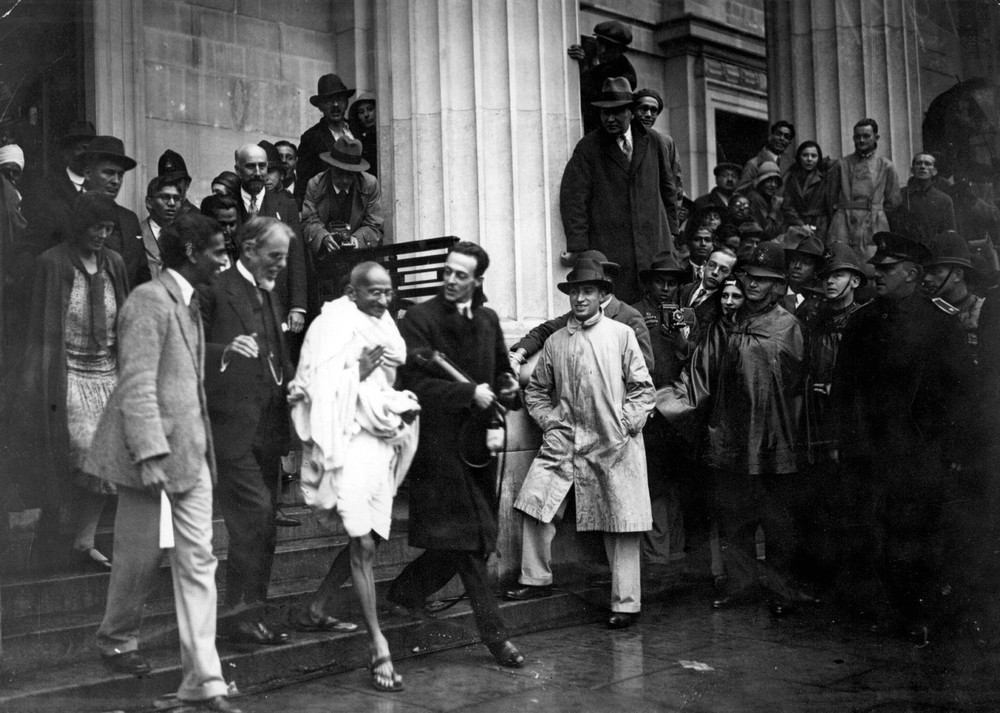
Today, Gandhi is remembered every year on 2 October, celebrated as Gandhi Jayanti in India and also observed worldwide as the International Day of Non Violence. Although some debate whether Gandhi was “anti science,” the truth is more balanced he did not reject science itself but was critical of how modern technology was often misused for exploitation and greed. He believed science should serve humanity with compassion and ethics.
Mahatma Gandhi’s life reminds us that great change can be achieved through simple yet powerful means truth, nonviolence, and moral courage. He showed the world that you don’t need weapons to fight injustice; you need principles, unity, and unwavering faith in humanity.
